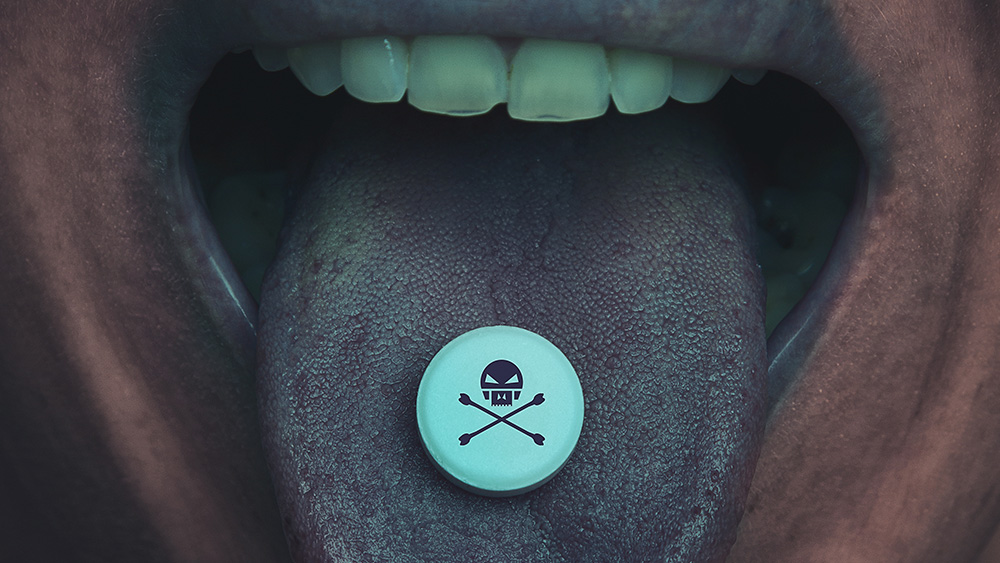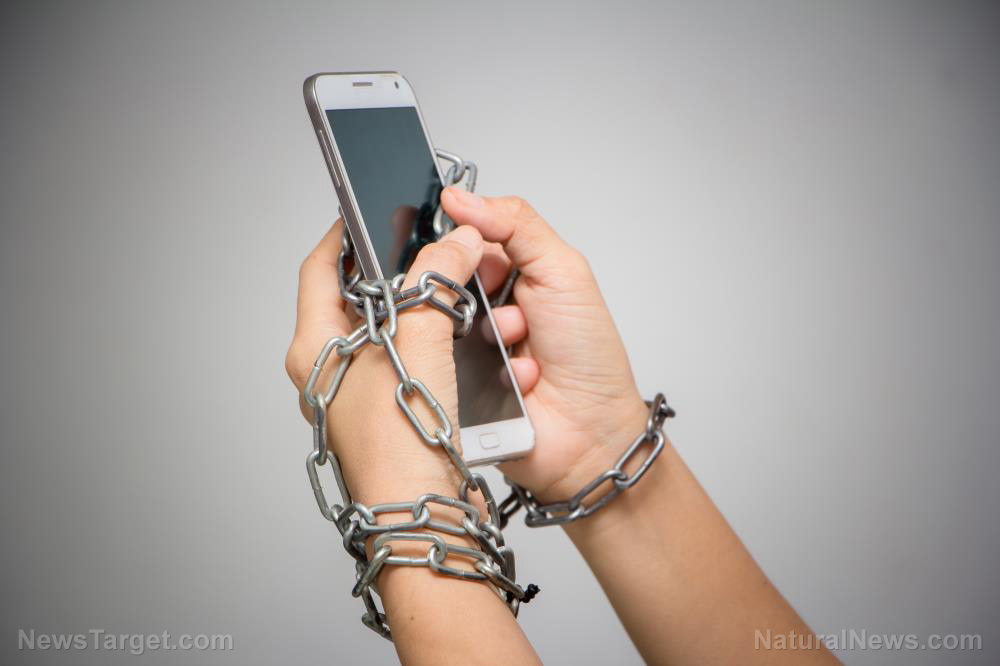How to identify 4 common triggers for compulsive phone use and how to kick the habit
11/07/2019 / By Vicki Batts

Are you using your phone too much? If you have to ask yourself that question, it may be a sign of compulsive phone use. In today’s world of smart phones and other devices, it is easy to become way too attached to technology. Smart devices make technology easy to use and readily accessible — such to the point that many people feel they need to be constantly “on,” and available. Whether we’re talking about work or general social “interactions,” there is an expectation these days that you need to always be ready to answer a text, call or social media post.
But all of this so-called connectivity can come at a price — namely, your health. Fortunately, there are some key signs you can look out for when it comes to compulsive phone use. While you don’t need to give up your cellphone completely, taking some time away from technology can have many health benefits.
4 Triggers for compulsive phone use
Researchers from the University of Washington recently surveyed a group of 39 cellphone users between the ages of 14 and 64. The group included high school and college students, as well as adults with college degrees. The team looked for triggers of excessive phone use, as well as ways to help stymie phone addiction.
As Healthline reports, the team was able to identify four key triggers for compulsive phone use: unoccupied moments, such as waiting for something; before or during tedious and repetitive tasks; socially awkward situations; or while they were waiting for an anticipated message or notification. Interestingly enough, the team found that these triggers remained consistent across the different age groups.
Alexis Hiniker, PhD, co-author of the study, told Healthline, “Our findings primarily target designers, helping them understand what makes digital experiences meaningful for people. What we learned also shows that designing apps that are easy to pick up and put down at will is better for users than combating attention-grabbing apps with lockout mechanisms.”
Hiniker says that the team began by interviewing participants about their relationship with their phone and what frustrations they had. The researchers also asked the study subjects about what apps and phone features they were likely to use most excessively.
“Many participants cited social media apps as experiences they turned to compulsively. But a lot of others came up as well: casual games, YouTube, email, and text messaging,” Hiniker explained.
Putting the cellphone down
In their surveys, the team also asked participants about what kinds of triggers stopped their phone use. Competing demands from the real world, the realization that they had been on their phone for too long, and noticing content they’d already seen all helped users put their phones away. These deterrents remained consistent across age groups as well. The researchers say that the similarities among people of all ages were quite surprising.
“We were most struck by how similar people’s behaviors were, regardless of age. Although high school students were more likely to talk about using their phones as cover for awkward situations, most of the themes we saw cut across age groups,” Hiniker commented.
Excessive phone use can be very damaging to your health. Not only can too much screen time be bad for your eyes, there is substantial evidence that too much time spent on your cellphone can be bad for your mental health. Current research shows that cellphone use can be a major trigger for anxiety, and it can even disrupt your sleep. As sources report, cellphone addiction is becoming far more common, which means the problems that are associated with cellphones are also becoming more common. In addition to anxiety and sleep disruptions, phone addiction can lead to depression — and even loss of productivity.
While cellphones and similar devices offer many benefits and advantages, they are best used in moderation.
Learn more about the perils of technology at Glitch.news.
Sources for this article include:
Tagged Under: addiction, badtech, cell phone usage, cellphones, dangerous tech, eye health, Glitch, mental distraction, mental health, smart phones, Social media
RECENT NEWS & ARTICLES
COPYRIGHT © 2017 ADDICTION NEWS



















